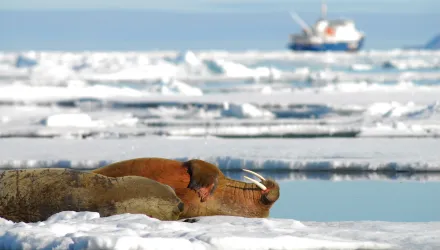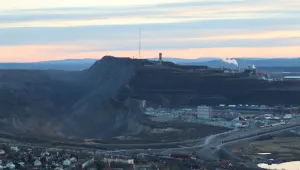Speaker: Scott Barrett, Lenfest-Earth Institute Professor of Natural Resource Economics, School of International and Public Affairs, Columbia University.
We develop a model of cooperation on trade and of voluntary cooperation on climate change, and ask whether it is better to keep these issues separate or to link them, by making cooperation on trade conditional on supplying the global public good of reducing greenhouse gas emissions. Nordhaus (2015) has shown that, depending on the social cost of carbon and tariff level, linkage may enable countries to cooperate fully on both trade and climate change, or it may only sustain partial cooperation on both issues, or it may be of no help at all. In our model we show that if retaliation is prohibited, then linkage gives rise to one of four possible situations: a cooperation game, a coordination game, a chicken game, or a prisoners’ dilemma. By contrast, if retaliation is a choice, linkage gives rise to one of only two possible situations: a coordination game or a prisoners’ dilemma. We find that the conditions that enable linkage to increase cooperation on climate change are more restrictive than suggested by Nordhaus. These findings have direct and indirect application to solar geoengineering governance.


